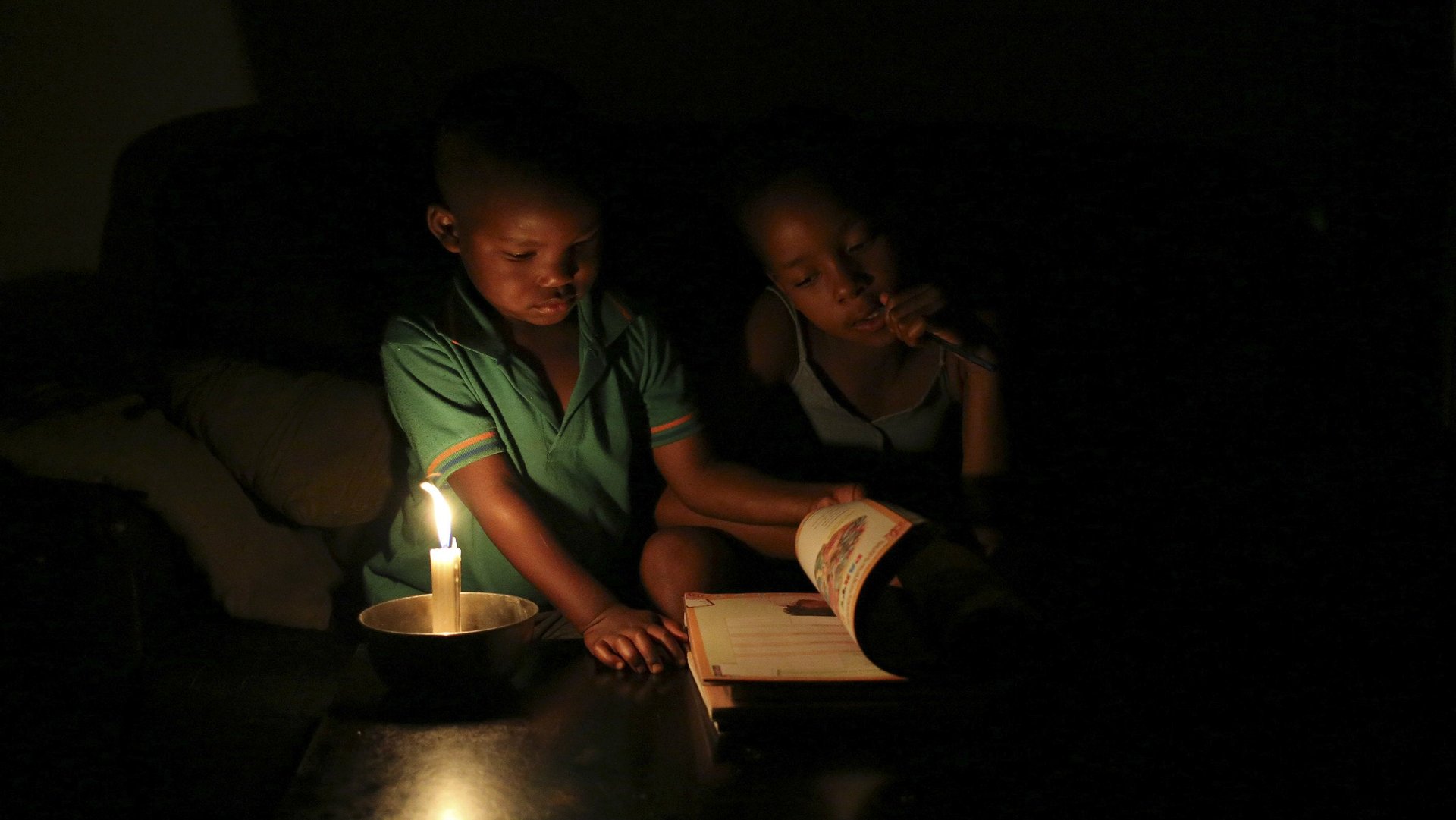Pay-as-you-go solar power is bringing electricity to more people in rural East Africa
Tanzania is one of the least electrified countries in Africa. Up to 75% of east Africa’s second largest economy’s lives without power. In rural areas the situation is worse, with only a 4% electrification rate, data from the International Energy Agency shows.


Tanzania is one of the least electrified countries in Africa. Up to 75% of east Africa’s second largest economy’s lives without power. In rural areas the situation is worse, with only a 4% electrification rate, data from the International Energy Agency shows.
At the current rate, analysts say, Tanzania’s goal of universal electrification won’t happen until well into the 22nd century. Part of the challenge has been the lack of capital needed to expand the national grid to remote parts of the country, and questions as to whether demand in rural markets will be strong enough to justify such an expensive investment.
Across Africa, entrepreneurs and investors have started to take advantage of improvements in the cost of delivery and storage of solar power as well as scalable new payment models to bring electricity to rural communities that have never had access to the grid.
“The average Tanzanian will consume as much power in eight years what an American right now consumes in one month,” says Erica Mackey, co-founder and COO of a solar energy startup in Arusha, in northern Tanzania. “So grid lines don’t really make sense for the majority of Tanzanians and East Africans from an investment perspective.”
Her company, Off Grid Electric, instead set out to find a solution that provides much-needed power to communities left off the grid, at a much cheaper cost. Launched in 2012, Off Grid employs the pay-as-you go model similar to the one used to great success by mobile phone companies on the continent. Customers pay a $6 installation fee for a solar energy system that powers basic lights and devices such as radios, television sets, and entertainment systems. Following the installation, access to electricity is unlocked after buying $6-$15 worth of credit through a mobile platform, M-Power, paid for monthly.
Mackey says Off Grid is connecting 10,000 households a month in Tanzania and aims to light 1 million homes by 2017, about 10% of the country’s households. At the moment, the service is available in about 60% of the country; this year the company wants to expand to the remaining parts of Tanzania. Off Grid is also covering a quarter of Rwanda and hoping to cover the entire country by the end of the year.
While declining to confirm whether it’s profitable—”We are re-investing in growth right now,” says Mackey—the company, which also maintains an office in San Francisco, has been able to attract sizable funding. In November, Elon Musk’s Solar City was part of a $25 million investment round into the company, with a group of funders that also included DBL Investors, Zouk Capital, Vulcan Capital, and Energy Access Ventures. In December, the company announced that it had received $40 million in debt financing from the Packard Foundation and others, as well as a $5 million grant from the US Agency for International Development (USAID).